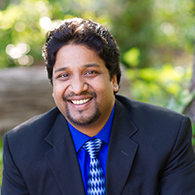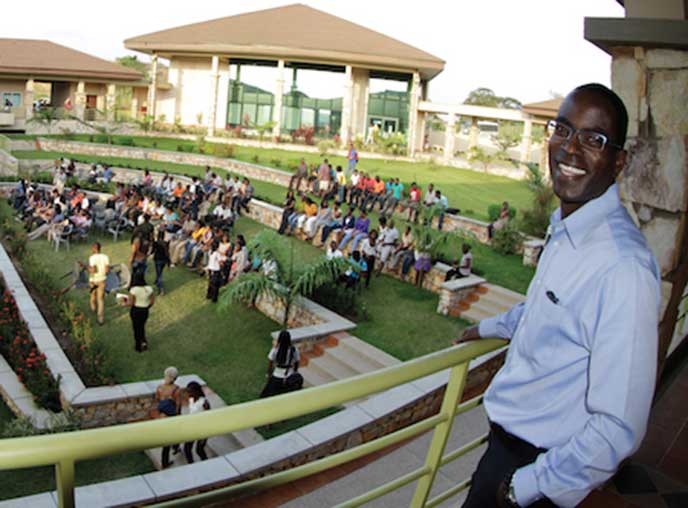Events & Promotions
|
|

GMAT Club Daily Prep
Thank you for using the timer - this advanced tool can estimate your performance and suggest more practice questions. We have subscribed you to Daily Prep Questions via email.
Customized
for You
Track
Your Progress
Practice
Pays
Not interested in getting valuable practice questions and articles delivered to your email? No problem, unsubscribe here.
- Nov 20
07:30 AM PST
-08:30 AM PST
Learn what truly sets the UC Riverside MBA apart and how it helps in your professional growth
Kudos
Bookmarks
Europe86
If you are not going to be reapplying or applying anywhere else, then I say go for it.
If you do better, great. If you do worse, then unless you are reapplying or applying anywhere else, no one will see it =)
Kudos
Bookmarks
WLed w/o interview. This is a good sign for me!
I already decided to re-apply and I am going to do my very best next time!
I already decided to re-apply and I am going to do my very best next time!
energyrachel
Joined: 06 Mar 2015
Last visit: 27 Jan 2018
Posts: 10
Own Kudos:
Location: United States
Concentration: General Management, Strategy
GMAT 1: 730 Q44 V49

GPA: 3.7
WE:Corporate Finance (Energy)
Kudos
Bookmarks
I see quite a few Booth and Haas (and Anderson) accepted here - how are you all choosing which admit weekend to attend?? All three the same time. I am very torn.


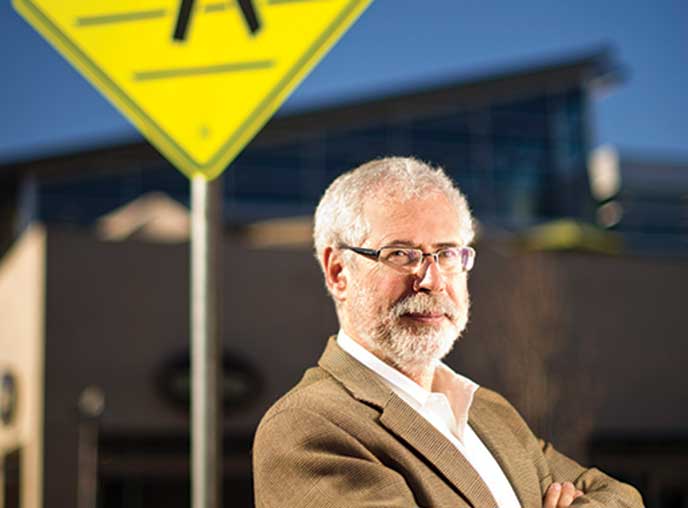


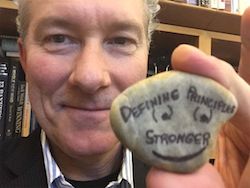


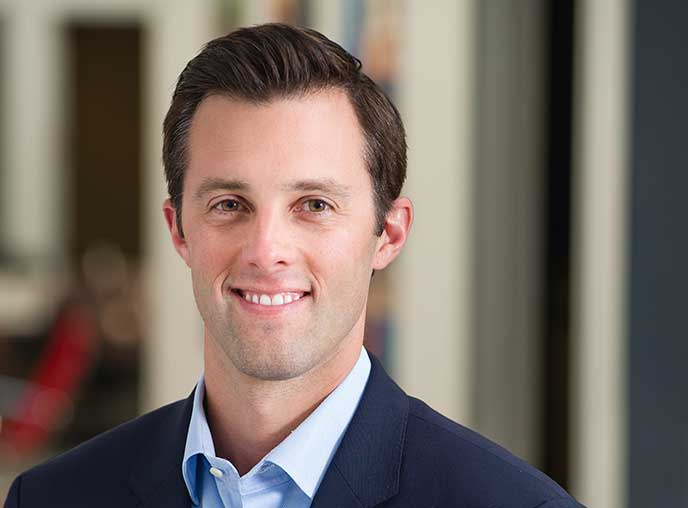
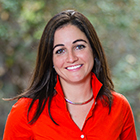



-NEW.jpg)






